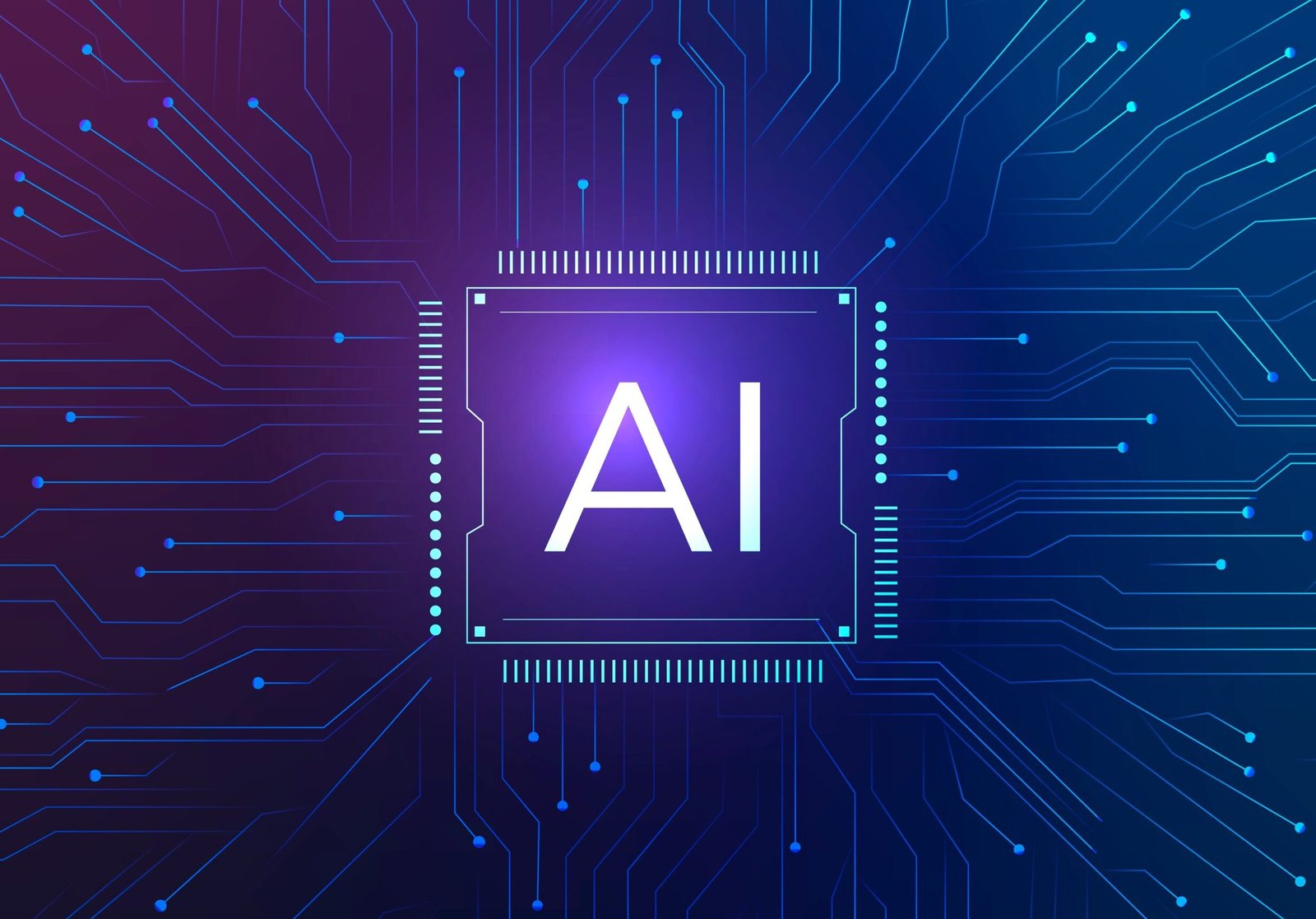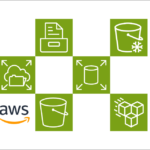Introduction to AI and Job Markets
Artificial Intelligence (AI) has emerged as a transformative force across multiple industries, reshaping the way businesses operate and how tasks are performed. At its core, AI encompasses a range of technologies, including machine learning, natural language processing, and robotics, each bringing unique capabilities to automate, optimize, and enhance various business processes. Machine learning algorithms, for instance, enable systems to learn from data and improve their performance over time without explicit programming. Natural language processing allows machines to understand and respond to human language, making interactions with technology more intuitive and efficient. Robotics, on the other hand, provides tangible solutions to physical tasks, from manufacturing to logistics.
As AI technologies become increasingly integrated into business operations, they are driving significant changes in job markets worldwide. On one hand, AI offers numerous opportunities to augment human capabilities, leading to more productive and innovative work environments. Companies adopting AI can streamline their workflows, reduce operational costs, and enhance decision-making processes through data-driven insights. This technological advancement opens new roles that require specialized skills in AI development, data analysis, and system management, creating a demand for a workforce adept in these areas.
Conversely, the rise of AI also presents challenges, particularly concerning job displacement and the evolving nature of work. Automation of routine and repetitive tasks can lead to the redundancy of certain job roles, compelling workers to adapt to new working conditions or pursue different career paths. The transition period can be complex, as it necessitates reskilling and upskilling initiatives to prepare the existing workforce for AI-driven environments. Additionally, ethical considerations regarding the deployment of AI, such as privacy concerns and algorithmic biases, must be addressed to ensure fair and equitable outcomes.
By understanding the dual nature of AI’s impact, it becomes clearer that the future of job markets will be shaped by both the opportunities it presents and the challenges it imposes. This sets the stage for an in-depth exploration of how AI is influencing various sectors, the types of jobs being created and transformed, and the strategic responses required to navigate this evolving landscape effectively.
Opportunities Created by AI in Job Markets
The advent of Artificial Intelligence (AI) is reshaping the job market, fostering the development of new job categories and transforming existing roles. One of the most significant impacts of AI is the creation of positions that did not exist a decade ago, such as AI specialists, machine learning engineers, and data scientists. These roles are integral to the design, implementation, and maintenance of AI systems, and their demand is ever-increasing as businesses across various sectors adopt AI technologies.
Besides generating new job categories, AI is also augmenting current roles by enhancing productivity and efficiency. For instance, in the healthcare sector, AI-powered tools assist doctors in diagnosing diseases more accurately and quickly. Similarly, in finance, AI algorithms can analyze vast amounts of data to detect fraudulent activities, thus enabling financial analysts to focus on strategic decision-making rather than routine tasks.
Furthermore, AI has the potential to give rise to entirely new industries. Autonomous vehicles, for example, are creating opportunities not only for engineers and developers but also for industries related to transportation services, vehicle maintenance, and urban planning. AI-driven advancements in renewable energy are another domain where novel industries and job roles are emerging, as AI helps optimize energy production and consumption, leading to a more sustainable future.
AI’s capability to solve complex problems that were previously insurmountable is another avenue through which it generates economic growth and employment opportunities. For example, AI is being used to tackle climate change by predicting environmental patterns and suggesting mitigation strategies. In the realm of scientific research, AI accelerates the discovery of new materials and drugs, opening up new possibilities for innovation and commercialization.
In summary, the impact of AI on job markets is multifaceted and predominantly positive. By creating new job categories, augmenting existing roles, and fostering the development of new industries, AI is not only transforming the way we work but also driving economic growth and innovation.
Challenges and Risks of AI in Job Markets
As artificial intelligence (AI) continues to evolve, its integration into the job market presents several challenges and risks that need to be addressed. One of the most significant concerns is job displacement. The automation of routine tasks by AI systems could lead to substantial job losses, particularly in sectors that rely heavily on repetitive manual labor. For instance, industries like manufacturing, logistics, and customer service are seeing a gradual reduction in human workforce as AI-powered machines and software take over tasks traditionally performed by people.
This shift necessitates a focus on the skills gap that is emerging as a result of AI adoption. Many workers currently employed in roles susceptible to automation may lack the skills required to transition into new, AI-driven job functions. Therefore, workforce retraining and upskilling become critical components in mitigating the negative impacts of AI on employment. Educational institutions and organizations must collaborate to develop training programs that equip workers with the competencies needed in an AI-augmented job market.
Another pressing issue is the potential for increased economic inequality. As AI technologies are predominantly developed and deployed by large corporations, there is a risk that the economic benefits of AI will be disproportionately distributed. This could exacerbate existing disparities between different socio-economic groups, leaving lower-income workers and communities further behind.
Furthermore, ethical concerns surrounding AI deployment cannot be overlooked. Ensuring that AI systems operate fairly and transparently is paramount to maintaining public trust. Questions about data privacy, algorithmic bias, and accountability in AI decision-making processes must be addressed to prevent misuse and unintended consequences. It is imperative that AI development and deployment are conducted responsibly, with robust regulatory frameworks in place to safeguard against potential harms.
Strategies for Navigating the AI-Driven Job Market
The rapid integration of Artificial Intelligence (AI) into various industries presents unique challenges and opportunities for individuals, businesses, and policymakers. To successfully navigate this evolving job market, strategic approaches tailored to each group are essential.
For individuals, continuous learning and skills development are paramount. As AI automates routine tasks, the demand for specialized skills, particularly in areas such as data analysis, machine learning, and cybersecurity, is increasing. Embracing lifelong learning and seeking out training programs that focus on these emerging fields can significantly enhance employability. Additionally, soft skills such as critical thinking, creativity, and emotional intelligence are becoming more valuable, as they complement AI technologies, enabling humans to perform collaborative and strategic roles that machines cannot replicate.
Businesses must adopt a balanced approach to integrating AI, ensuring that they leverage its capabilities while maintaining a human-centric focus. This can be achieved by fostering a culture of innovation and adaptability within the organization. Encouraging employees to upskill and reskill through internal training programs or partnerships with educational institutions can help bridge the skills gap. Moreover, businesses should prioritize ethical AI practices, ensuring transparency and accountability in AI deployment to build trust among employees and customers. By focusing on augmenting human capabilities rather than merely replacing jobs, businesses can effectively harness AI to drive productivity and growth.
Policymakers play a crucial role in shaping a supportive ecosystem for AI-driven job markets. Implementing policies that promote education and retraining programs is essential to prepare the workforce for future demands. Social safety nets, such as unemployment benefits and healthcare, should be reinforced to support workers transitioning between jobs. Additionally, establishing ethical guidelines for AI development can help mitigate risks associated with bias and privacy, ensuring that AI technologies are used responsibly and equitably. Policymakers should also incentivize innovation by funding research and development initiatives, fostering a competitive yet fair AI landscape.
Looking ahead, a collaborative effort between individuals, businesses, and policymakers is necessary to balance the benefits and challenges of AI. By embracing continuous learning, fostering a human-centric approach, and implementing supportive policies, society can create a sustainable and inclusive job market that harnesses the full potential of AI. This collective effort will not only drive economic growth but also ensure that the workforce remains resilient and adaptable in the face of technological advancements.



